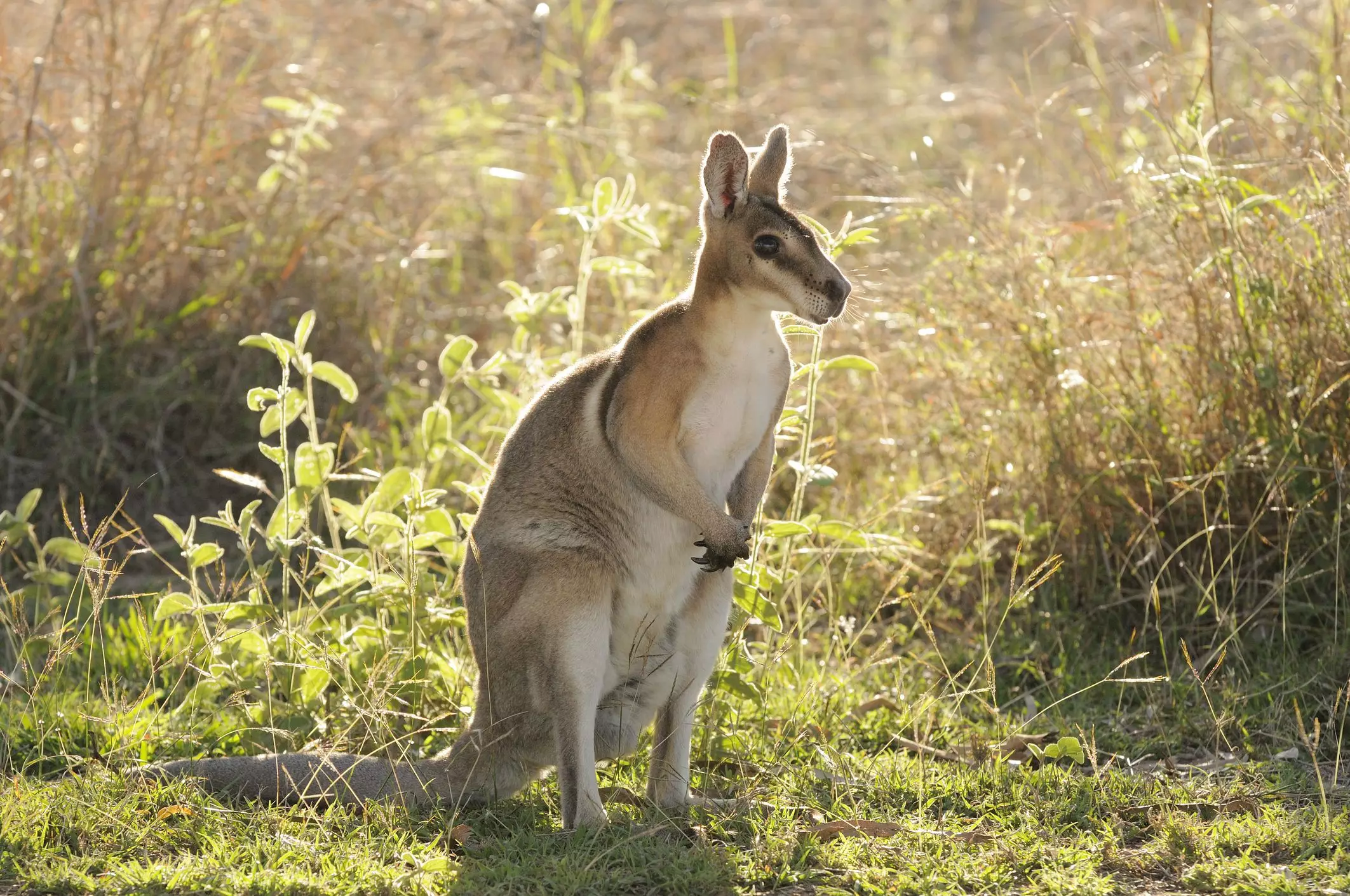When considering exotic pets, wallabies often surface as adorable candidates. Their kangaroo-like appearance and lively demeanor can charm even the most skeptical animal lover. However, hidden beneath their cute exterior lies a complex and demanding creature that raises significant questions about their suitability as pets. In this article, we will delve into the various reasons keeping a wallaby at home is not only illegal in many places but also ethically questionable.
Wallabies are small marsupials that belong to the Macropodidae family, closely related to kangaroos. While they may seem like lovable companions, their needs far exceed the capabilities of an average pet owner. Adult wallabies can grow between 18 to 40 inches in length and weigh anywhere from 4 to 55 pounds, necessitating plenty of space and attention to thrive. Unlike dogs or cats, wallabies are not easily domesticated and remain wild at heart, making it impossible to treat them like conventional pets.
While many states in the U.S. regulate the ownership of exotic pets, wallabies often fall under specific prohibitions. For instance, in Colorado, potential owners can possess them legally with the right permits, but even then, local ordinances can create additional barriers. Thus, one must steer clear of illegal ownership, not just to comply with the law but also to maintain ethical standards regarding animal welfare.
Wallabies are not suited for a confined lifestyle. They need expansive areas for jumping and exercising, which are crucial for their physical and mental well-being. If confined indoors, these animals are prone to destructive behaviors that can lead to injuries, both to themselves and the property around them. Unlike household pets accustomed to confined spaces, wallabies exhibit natural behaviors that necessitate vast environments, making domestic life unsustainable.
Owners must create enclosures that mimic their natural habitats, allowing them to hop freely and graze. A general guideline is that enclosures should be four times the length of the wallaby in height and width, and eight times in length. However, multiple wallabies would require exponentially larger spaces to prevent overcrowding and stress, making ownership infeasible for most people.
In the wild, wallabies predominantly graze on grass, making it essential for their health. Owners must provide untreated grass daily, supplemented with appropriate wallaby pellets and fresh vegetables. A lack of a balanced diet can lead to serious health issues such as intestinal parasites and vitamin deficiencies, requiring regular veterinary care that most average pet owners might not be prepared for.
Annual health check-ups with a veterinarian experienced in exotic animals become necessary to mitigate risks, demanding time and financial commitments that far exceed what one would expect for conventional pets. With several health concerns specific to wallabies, potential owners should carefully consider whether they have the capacity to offer adequate medical support.
Choosing to keep a wallaby as a pet often raises ethical dilemmas. Many individuals might be drawn to the captivating image of bonding with a wild animal, yet this desire overlooks the challenges of providing a suitable lifestyle. If basic requirements cannot be met, keeping a wallaby becomes not just impractical but unethical. These animals are best suited to their natural habitats or specialized wildlife conservation environments, where they can live according to their innate instincts and social needs.
Furthermore, purchasing wallabies can perpetuate illegal activities linked to poaching and trafficking. Many sellers remain unregulated, and animals could suffer from poor living conditions before reaching potential “owners.” This reality makes it crucial to evaluate whether maintaining a wallaby is ethically justifiable.
Instead of owning a wallaby, concerned individuals can choose to support the species through donations focusing on wildlife preservation and habitat restoration. Visiting zoos that specialize in wallabies allows you to witness these unique animals in environments that cater to their needs while supporting educational and conservation initiatives.
Although the allure of having an exotic pet like a wallaby is strong, potential owners must confront the realities of ownership. With stringent legal checks, serious space and dietary needs, and ethical considerations, it becomes clear: wallabies are better off in the wild, not as household companions. The greater joy lies in respecting these creatures from afar, advocating for their conservation, and appreciating their place in the natural world.

